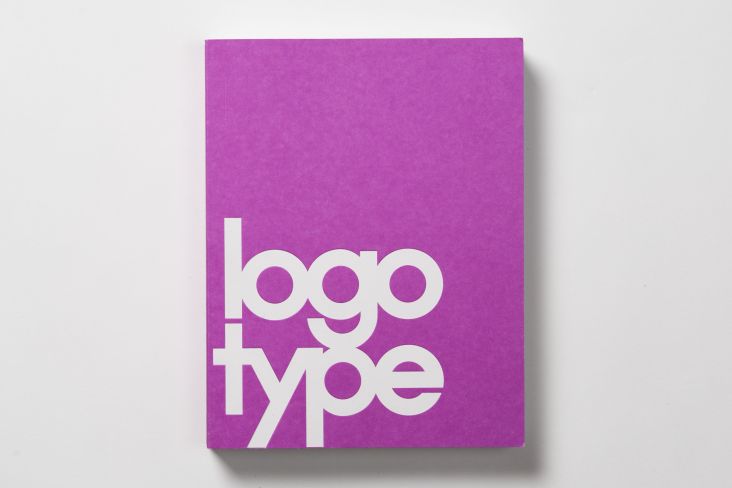10 great books to help you ditch the 9-5 and escape the rat race
Nearly all of us trying to earn a living are familiar with the nine-to-five narrative. We are taught to equate happiness and fulfilment with professional success.

Image licensed via Adobe Stock
It's about accepting that we must turn up to work, churning out the best effort, and keep smiling (even in a suit and tie).
But what if we called all that into question? Is there a way to escape the corporate ladder and still live a fruitful life? As it turns out, a lot of us think it’s possible. Here are ten books to give you the skills, the drive, and the guts to quit the rat race and go it on your own.
1. Get Out While You Can – Escape the Rat Race by George Marshall
So you’ve got your degree and secured your place on the corporate ladder. Theoretically, you should be on your way to endless success and happiness - but does your reality comply with that trajectory? George Marshall’s book exists to prove that ‘Plan A’ is rarely that simple. Get Out While You Can takes us through ‘Plan B,’ in which we scrap the traditionalist route to success and realise our potential. With smart tips on protecting our most valuable assets like time and energy, Marshall’s book is a must-read for those wanting to break free from the corporate rat race.
2. Be a Free Range Human by Marianne Cantwell
This straight-talking, practical book is an excellent resource for the truly disgruntled office worker. Cantwell speaks up for the corporate cubicle-dwellers feeling a bit like a caged hen, offering a doable, step-by-step approach to achieving a work-life balance. The result is a self-earned career path that is both financially feasible and intrinsically satisfying. Be a Free Range Human teaches us just what we are truly capable of, without the frilly jargon.
3. The 4-Hour Work Week by Timothy Ferriss
The average working week is around 37.5 hours, but does it have to be? The 4-Hour Work Week calls this and many other career-based myths into question. This book is a must-read for anyone wanting to achieve a luxury lifestyle while working a fraction of the time. With guides on how to outsource tasks overseas, how to survive rough economic times, and how to reduce 50% of your workload in just 48 hours, this book is for those determined to achieve the no-work-all-play lifestyle.
4. The $100 Startup by Chris Guillebeau
Starting a business with tumbleweed in your savings account isn’t as hard as it sounds – at least not for Chris Guillebeau. In his book, Guillebeau provides readers with a comprehensive manual to a new way of living, minus the debt, the investments, or the MBA. With insights from 50 ordinary folks who started their businesses on $100 or less, this book is an essential addition for anyone with big ambition, a small budget, and a boss-sacking fantasy.
5. ReWork by David Heinemeier Hansson and Jason Fried
We now have unprecedented access to all the tools and technology required to start and grow a business - a cool few quid can grant us access to resources that used to cost thousands. With this ammunition, ReWork shows us how we can establish and see our own companies through to success, without the business plans, meetings, office spaces, and the miserable work week. This straight-talking, slim volume is a must-have for those aspiring business owners wanting to create a new professional reality.
6. Remote: Office Not Required by David Heinemeier Hansson and Jason Fried
Technophiles Hansson and Fried say that remote working is the future, and it’s inevitably rushing towards us. But in a world where attendance-based, glued-to-your-desk work culture is still very much the norm, how can we jump off the bandwagon? Remote reveals the advantages of remote technologies, and how we can employ them to achieve a healthy work-life balance. Written practically with a refreshing narrative element, this book is a must-read for lovers of the autonomous work life.
7. Rich Dad Poor Dad by Robert T Kiyosaki
Examining the notion that “the poor and the middle-class work for money, but the rich have money work for them,” Kiyosaki’s book provides a compelling and unique economic perspective on how we are taught to earn money. Focusing on investing in assets, managing time, and avoiding liability spending, Rich Dad Poor Dad aims to educate the supposed misinformed folk who have been taught (and continue teaching their kids) that you need a high base income to earn money. A captivating read for those wanting to invest as efficiently as possible and protect their cash.
8. The Richest Man In Babylon by George S. Clason
Considered to be one of the most influential works around thrift, financial planning, and personal wealth, The Richest Man in Babylon is for those wanting to learn the old-school basics of money. Clason taps into canonical examples of ancient financial success, sharing bible-style, Babylonian parables to set readers on the path to a prosperous life. A particularly good read for those who want to earn more while hanging on to what they already have.
9. Think and Grow Rich by Napoleon Hill
Ever wondered what you might learn if you researched the success of 40 male millionaires? Lucky for you, Napoleon Hill has done the bulk of the work already. Think and Grow Rich, or, “the most important financial book ever written,” helps readers identify their ‘edge,’ while passing on a wealth of knowledge around regaining your confidence, standing out, and becoming hugely successful. Another one for the money-motivated type.
10. The Magic of Thinking Big by David J Schwartz
A perfect addition to the bookshelf of those plagued by self-doubt and negativity. Schwartz has capitalised on the power of positive thinking, providing a comprehensive set of mental tools for harnessing in on your potential. In a ‘dearest friend’ tone of voice, The Magic of Thinking Big delivers a gentle but effective push for readers wishing to improve their lives for the better. Expect to work, earn, manage, love, and live big.




 by Tüpokompanii](https://www.creativeboom.com/upload/articles/58/58684538770fb5b428dc1882f7a732f153500153_732.jpg)

 using <a href="https://www.ohnotype.co/fonts/obviously" target="_blank">Obviously</a> by Oh No Type Co., Art Director, Brand & Creative—Spotify](https://www.creativeboom.com/upload/articles/6e/6ed31eddc26fa563f213fc76d6993dab9231ffe4_732.jpg)
















](https://www.creativeboom.com/upload/articles/0a/0a62511d25a944d1d66fd66b673f893148f54272_732.jpeg)
